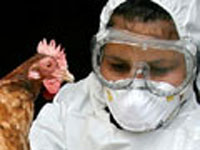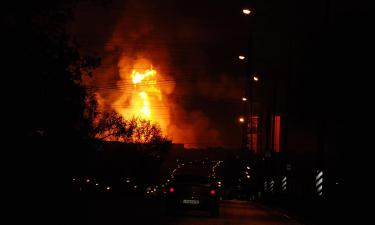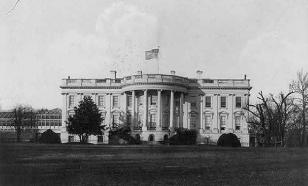Avian flu outbreak at Russian farm; 600,000 chickens killed
By Margarita Snegireva. Tests confirmed an outbreak of avian influenza virus at a Russian farm. More than 600,000 chickens were culled.

The chickens at the Gulyai-Borisovskaya farm in the Rostov-on-Don region were destroyed to prevent the H5N1 virus from spreading.
Birds at the neighboring Tselinsky district were also infected but authorities have taken steps to stop the flu from spreading.
Russia also culled chickens at a farm in Krasnodar in September where the virus was also detected. The H5N1 strain was also confirmed in several other regions across Russia .
The global spread of highly pathogenic H5N1 in birds is considered a significant pandemic threat.
While other H5N1 strains are known, they are significantly different from a current, highly pathogenic H5N1 strain on a genetic level, making the global spread of this new strain unprecedented. The H5N1 strain is a fast-mutating, highly pathogenic avian influenza virus (HPAI) found in multiple bird species. It is both epizootic (an epidemic in non-humans) and panzootic (a disease affecting animals of many species especially over a wide area). Unless otherwise indicated, "H5N1" in this article refers to the recent highly pathogenic strain of H5N1.
"Since 1997, studies of H5N1 indicate that these viruses continue to evolve, with changes in antigenicity and internal gene constellations; an expanded host range in avian species and the ability to infect felids; enhanced pathogenicity in experimentally infected mice and ferrets, in which they cause systemic infections; and increased environmental stability."
Subscribe to Pravda.Ru Telegram channel, Facebook, RSS!



